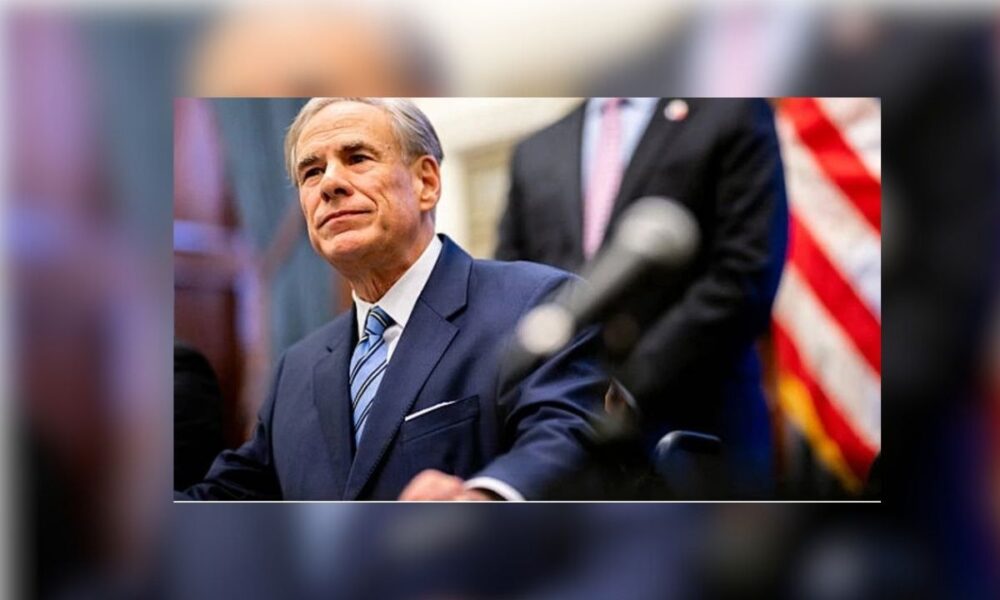Texas Gov. Greg Abbott vetoed Senate Bill 3 on Sunday night, which would have implemented a ban on hemp‑derived THC products, just hours before it would have taken effect.
Backed by Lt. Gov. Dan Patrick and supported by bipartisan majorities in both chambers, SB 3 would have made the possession, sale, or manufacture of any consumable hemp THC a criminal offense in Texas, effective Sept. 1, 2025.
Abbott’s veto rescinds what would have been one of the strictest state-level bans on THC in the U.S., safeguarding a multi‑billion‑dollar hemp industry and more than associated 50,000 associated jobs.
The governor wrote in a statement about the veto that “Texans on each side of the Senate Bill 3 debate raise serious concerns,” adding that the two sides should still work together to find a solution.
“But one thing is clear — to ensure the highest level of safety for minors, as well as for adults who obtain a product more dangerous than what they expected, Texas must strongly regulate hemp, and it must do so immediately,” wrote the governor.
“Senate Bill 3 is well-intentioned. But it would never go into effect because of valid constitutional challenges. Litigation challenging the bill has already been filed, and the legal defects in the bill are undeniable. If I were to allow Senate Bill 3 to become law, its enforcement would be enjoined for years, leaving existing abuses unaddressed. Texas cannot afford to wait.”
The governor’s decision followed a flood of public input, with advocates and industry groups submitting letters and petitioning across social media for Abbott to veto the bill.
This outcry included Texas Longhorns legend Ricky Williams, who urged Abbott to veto the bill and said it helped him“ stay balanced and healthy through the grind of professional football.”
“Now it’s helping veterans manage PTSD and families manage pain. These changes in the law don’t protect Texans — they punish them. The people of Texas deserve freedom of choice and don’t need the government to tell them what they can and can’t put in their body. If we have learned anything from the past decade, it has been that,” he added in a news release sent to The Dallas Express.
On the other side, Patrick had emphasized SB 3 as a public health necessity, writing in a social media post that he would “not allow retailers to circumvent the law and put Texans’, and especially children’s, lives in danger.”
Patrick quickly spoke out against Abbott’s decision to veto the bill, writing in a separate post that the governor “remained totally silent on Senate Bill 3, the bill that would have banned dangerous THC products in Texas.”
“His late-night veto, on an issue supported by 105 of 108 Republicans in the legislature, strongly backed by law enforcement, many in the medical and education communities, and the families who have seen their loved ones’ lives destroyed by these very dangerous drugs, leaves them feeling abandoned. I feel especially bad for those who testified and poured their hearts out on their tragic losses. I will have much more to say at a press conference tomorrow in Austin.”
Abbott later announced a July 21 special legislative session to revisit THC regulation, suggesting a return to the negotiation table rather than outright prohibition.
The governor indicated a total of seven topics that he would like the Texas Legislature to address during the special session, including the implementation of a THC bill that meets the two sides in the middle.


